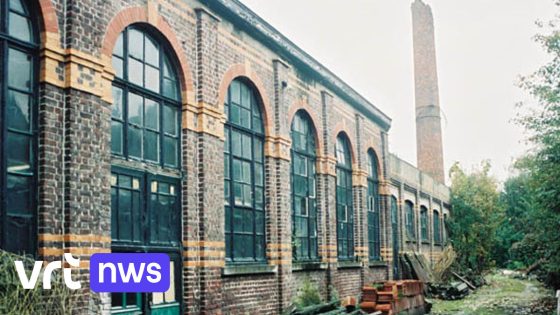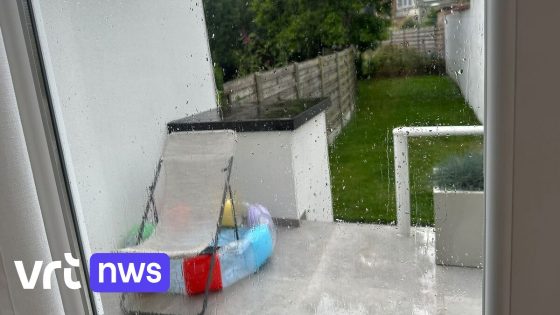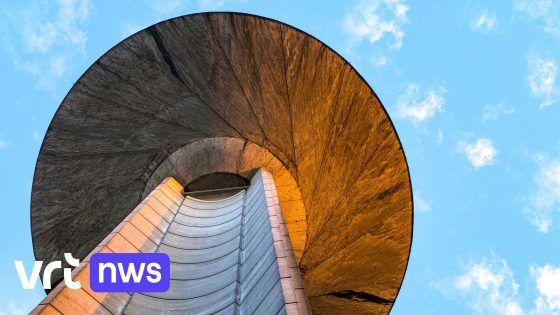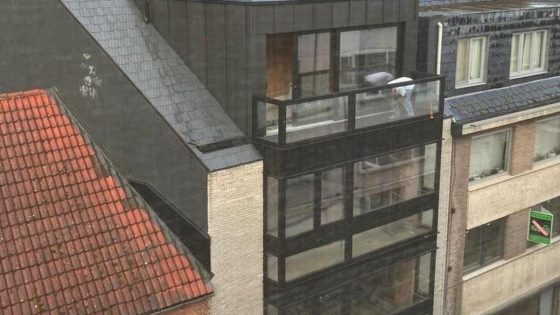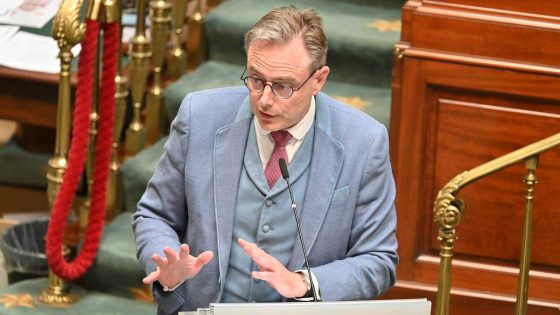The factory site of Textiles d’Eecloo in Eeklo is no longer a protected site, marking a significant change for the local community. This decision, made by Minister Weyts on 2025-08-01 16:02:00, follows requests from the Flemish Waste Agency (OVAM), the site’s owner, and the city of Eeklo. The removal of protection opens the way for redevelopment in this important area.
- Textiles d'Eecloo factory site loses protection
- Minister Weyts approves site redevelopment request
- OVAM and city of Eeklo support decision
- Buildings on site allowed to be demolished
- Plans include housing, offices, and green spaces
- Acting mayor Filip Smet announces vision
With the buildings now allowed to be demolished, plans for the site’s future are taking shape. Acting mayor Filip Smet (CD&V) envisions a mixed-use development that includes housing, offices, and green spaces. How will this transformation impact Eeklo’s urban landscape and residents? What opportunities does this redevelopment offer to the wider region?
These questions highlight the potential benefits and challenges ahead as Eeklo prepares to breathe new life into the former industrial site.
This change raises important considerations about urban renewal and community needs. How can Eeklo balance growth with preserving its character? The decision reflects a broader trend in Flanders to repurpose industrial zones for modern uses, offering several advantages:
- Creation of diverse housing options to meet local demand
- Attraction of businesses through new office spaces
- Improvement of environmental quality with added green areas
- Revitalisation of underused land, boosting the local economy
Looking ahead, the city and stakeholders must engage residents in planning to ensure the new development meets community needs. Will Eeklo become a model for successful industrial site transformation in Belgium? The coming months will be crucial in shaping this promising future.



